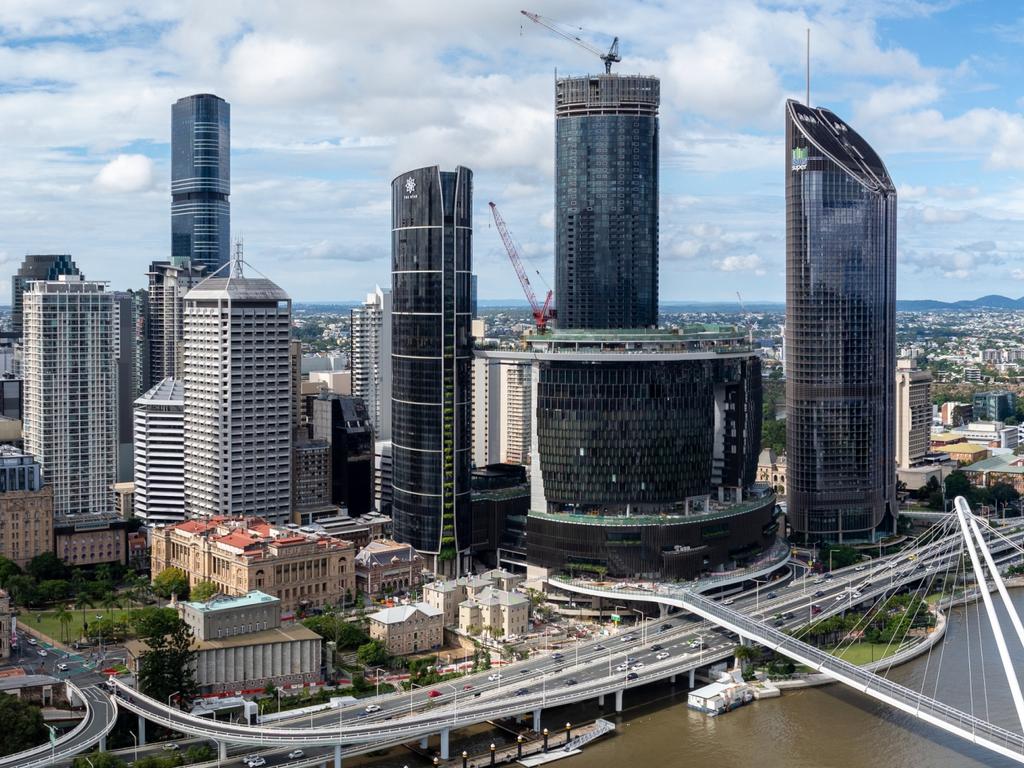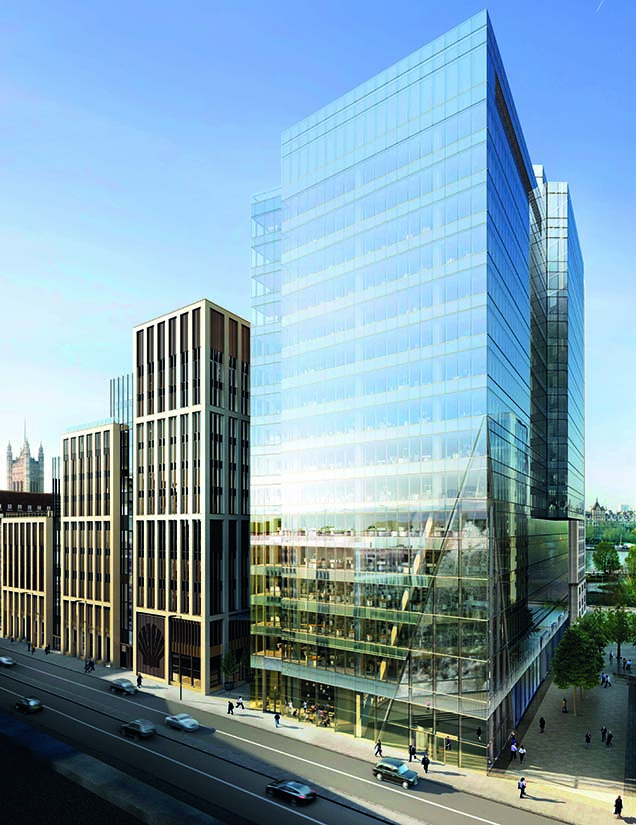Inflation is sitting at 2.3% and remains inside the Reserve Bank of Australia’s (RBA) target zone, new data shows.
Pending potential interest rate cuts, 2025 is already shaping up to be a vastly different year for the Australian property market.
Today’s monthly inflation figures for November from the Australian Bureau of Statistics are a positive sign for homeowners, who are feeling the pinch of a stagnant economy and sustained high interest rates.
While a 2.3% rise over the year to November is slightly higher than the 2.1% recorded in both September and October, trimmed mean inflation has dropped.
This measure, which excludes the most volatile changes and is the RBA’s preferred figure to work off, fell to 3.2% in the 12 months to November. While still outside the RBA’s target range, it is an improvement from the 3.5% recorded in October.
REA Group senior economist Paul Ryan says there is an increased chance rate cuts will come earlier than anticipated. Picture: supplied
REA Group senior economist Paul Ryan noted the CPI indicator decrease is “a little more than markets were predicting”.
“This increases the chance of a rate cut earlier in the year,” he explained. “All eyes will be on the more comprehensive quarterly inflation data, out in late January, which will be the key data the RBA will be looking at in its decision whether to lower interest rates at its February meeting.”
Quarterly figures impact
The ABS’ next quarterly figures, released in three weeks’ time, will paint a clearer picture of the economy for the RBA.
The last quarterly inflation data back in September showed inflation had dropped into the RBA’s target range for the first time in three and a half years. A repeat of that on 29 January could mean mortgage holders are in line for reprieve on rates sooner than previously anticipated.
REA Group senior economist Anne Flaherty says market conditions will steady slightly over the course of 2025. Picture: supplied
Hitting a price ceiling
The release of the data today comes off the back of the first drop for home prices across the country in two years.
Capital cities have driven the decline, according to the December PropTrack Home Price Index. Home prices fell in every capital bar Perth in December, with the median value of a house in the country now standing at $795,000.
“Price growth momentum had been slowing since March 2024,” REA Group senior economist Anne Flaherty said. “While the impact of stage 3 tax cuts (which took effect from July) bolstered borrowing capacities for some buyers, this has been counteracted by softer economic conditions.”
Expectations at the start of last year that interest rates would be cut from 4.35% were steadily quashed throughout the second half of the year, with disparity in market conditions keeping the RBA conservative.
What about interest rates?
The RBA chose not to move the cash rate from 4.35% in any of its eight meetings in 2024, despite desperate calls for cuts to appease homeowners grappling with the cost of living.
It is widely anticipated Australians will feel the benefit of not just one rate cut this year, but several.
Expectations over when cuts will begin have been varied and volatile in the last few months, with widespread confidence in February moving quickly to April and as far back as June, before recovering slightly in December on the back of sustained headline inflation numbers.
National Australia Bank chief executive Andrew Irvine used his economic outlook this week to suggest mortgage holders could be in line for three rate cuts in 2025.
“We are at the hardest point of the economic cycle right now,” he said. “Things will get better from here.”
While NAB isn’t expecting cuts until June, Australia’s largest home loan lender Commonwealth Bank remains optimistic that cuts will start next month. ANZ and Westpac anticipate relief will be off the table until at least May.
RBA governor Michele Bullock has expressed concerns about economic growth in recent months, including stagnancy in the private sector and likely increased government spending in line with the upcoming federal election.
While a $22bn blowout in budget deficits revealed in late December alongside government debt of $1trn drew 2024 close on a sour note, today’s data from the ABS is a good sign 2025 is on track to be more positive for mortgage holders.
The RBA board will meet on 18 February for its next decision on the cash rate.






